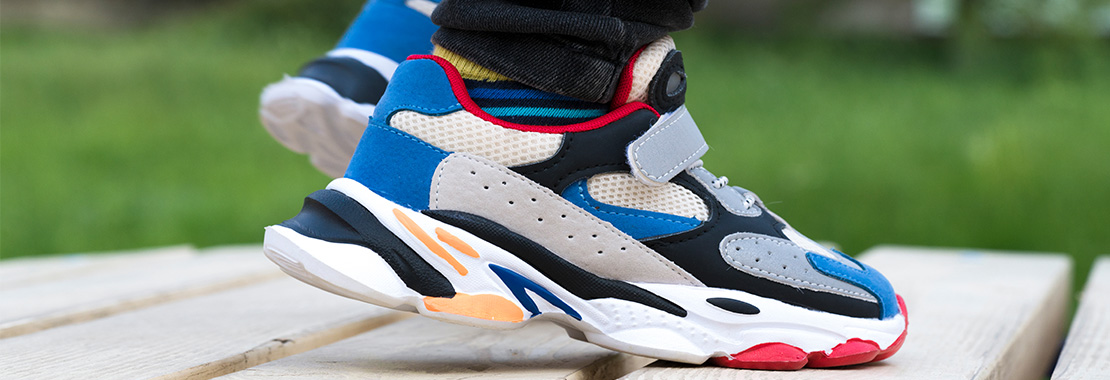Anitre Bell is the Student Athlete Academic Liaison at The Community College of Beaver County.
Being a student athlete isn’t always easy. On their end, balancing school, sports, and life can be taxing. But one thing us educators (and our student athletes) must remember is that they are, first and foremost, still students.
As a Student Athlete Academic Liaison, part of my job is teaching my students to embrace their student journey. However, while student athletes often know how to cultivate their athletic talents, they may be unsure how to do so in an academic space. We must help student athletes learn how to marry their educational and athletic journeys to foster success in all aspects of their lives. In this blog post, I want to share some tips that I use to help my students tap into each space.
Support Student Athletes from the Classroom to Game Day
We as humans gravitate towards people who show an interest in us. To better support student athletes, show a genuine interest in their fears, goals, and sport. Empathize with the challenges of their athletic journey. Get excited about their achievements on the court, field, pool, or rink.
In the classroom, allow them to have small victories. The students must see themselves in this space and feel like they belong. Creating a safe classroom environment is important for all students.
I do my best to support my students academically, professionally, and personally. I’m a firm believer in helping a student become a well-rounded, successful human. Some individuals have no support system, so a simple question, compliment, or gesture to show your support can go a long way.
Make Connections Between Academics and Athletics
Show student athletes how their student responsibilities align with their athletic abilities. Let them know that just as they cannot be star athletes without practice, they cannot be star students without showing up. Instill the same values of persistence and hard work that they see at practice and apply them to your classroom.
Athletics and academics don’t exist in isolation from one another. Showing students that these fields intersect allows them to find a common ground and relate more to their academic journey.
Hold Student Athletes Accountable
While you can show them grace and support, be sure to hold your student athletes accountable for their academics at the same time. They must understand the importance of their time at school and why staying accountable to their academic responsibilities matters.
I hold my student athletes accountable to advocate for themselves and communicate with faculty when issues occur. This teaches students effective communication in academic spaces — and in their personal lives. On my end, I hold myself accountable to be receptive to this communication and to show them how to properly communicate with us and others. Showing these skills on our end builds mutual trust and promotes the same behavior in our students.
Create a Student Athlete First-year Experience Course
My school is currently in the process of developing a class that will help our student athletes balance academics, sports, and life. This course provides students with a solid foundation upon which they can grow their academic and athletic careers without compromising on either. Plus, it serves as a touchpoint for us to monitor and aid the students as needed.
Final Thoughts
Some individuals believe sports and education do not mix. However, every student has different talents, and student athletes’ talents happen to be athletic. We need to make sure students know they are just as much students as they are athletes, and that they shouldn’t have to compromise on either aspect of their lives. “Raising the bar” is the motto that my team and I live by. Now, I want you to consider: How are you helping your student athletes “raise the bar”?
For more tips on helping student athletes study effectively, check out the Top 10 College Study Tips Checklist.

